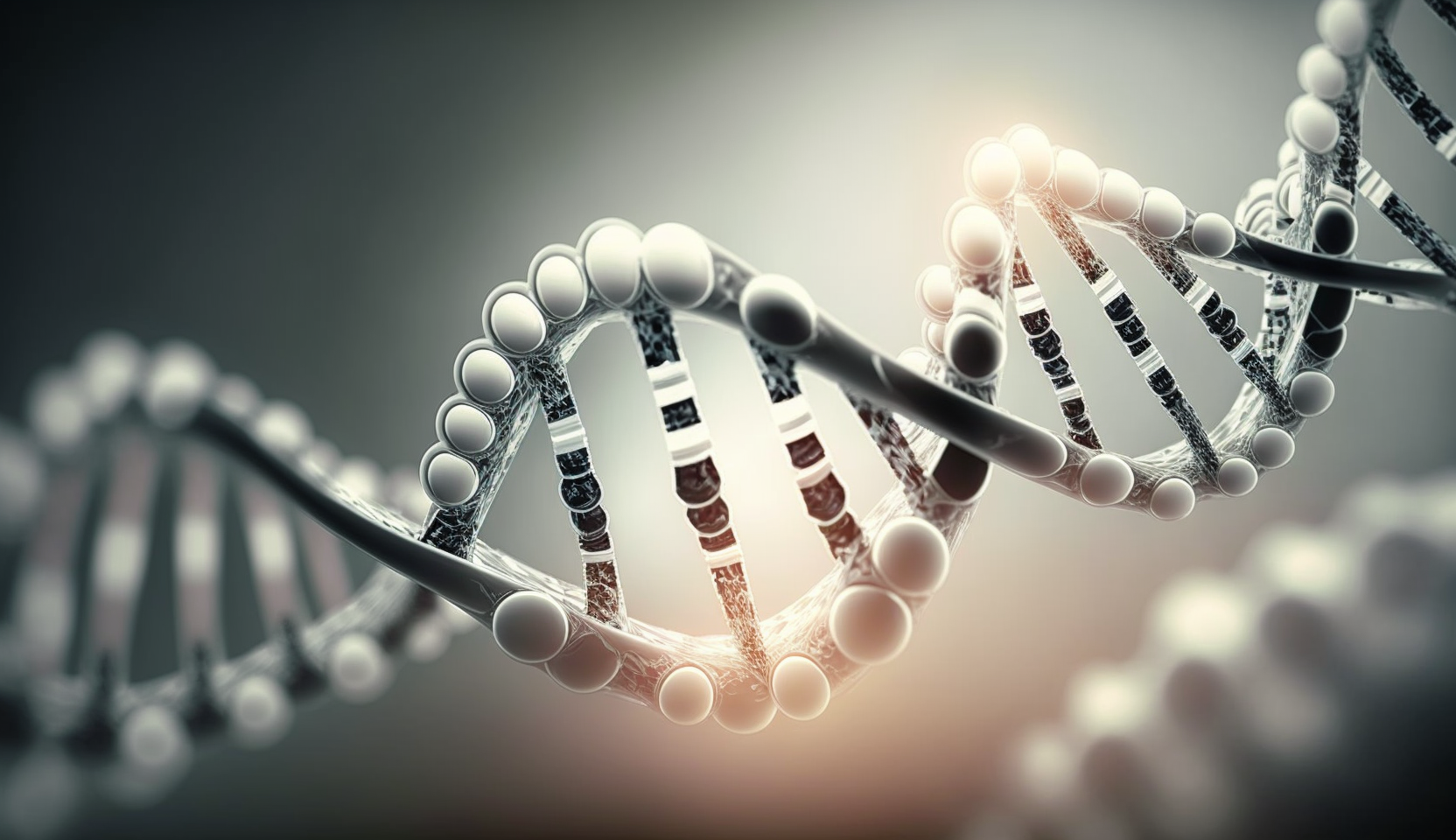Gene therapy: Development of new DNA transporters
Scientists at the Institute of Pharmacy at Martin Luther University Halle-Wittenberg (MLU) have developed new delivery vehicles for future gene therapies. A team of researchers led by Dr Christian Wölk are using artificial fats to transport DNA into cells. The scientists demonstrate how well this technique works in a study conducted in collaboration with pharmacists from the University of Marburg. The study has been published in "Biomaterials Science".
Gene therapy is the only treatment for people with diseases caused by genetic defects. In theory, a defective gene is replaced by a healthy one, thus eliminating the cause of the disease. Congenital immunodeficiencies, congenital blindness and sickle cell anaemia could all be treated in this way. Even cancer cells could be rendered harmless through genetic modification. However, the treatment method has suffered many practical setbacks and, up until now, only six gene therapies have been approved in Europe.
In addition to producing the required gene sections, one of the biggest hurdles is transporting the DNA into the cell and to its destination in the body. The few gene therapies approved to date use modified viruses to do this. These viruses infect the cell and introduce the DNA. However, this method entails risks since the viruses can trigger a violent immune reaction. They are also very costly and time-consuming to produce.
Dr Christian Wölk’s junior research group at the Institute of Pharmacy at MLU under the leadership of Prof Andreas Langner is therefore working on a new system for introducing DNA into the body’s cells. "Non-viral systems are very appealing because they are easy to produce," says Wölk. The only drawback is that their effect diminishes over time and they must be re-administered. His research group uses liposomes, fat bubbles that are already used as carriers for various other drugs. They combine with nucleic acids in the DNA to form so-called lipoplexes. They fuse to the cell membrane and release their content into the cell.
The pharmacists in Halle have developed four artificial fats (lipids) that are suitable for DNA transport. One, the lipid DiTT4, is now entering the next phase of preclinical trials. If these trials are successful, clinical studies on humans will follow. "The most recent studies have been very promising," says Wölk. The lipid is able to encapsulate nucleic acids, protect them from enzymatic degradation and introduce them very efficiently into cells. According to pharmacist Julia Giselbrecht, one important aspect of the technique is that it does not require co-lipids. "This advantage enables simple, reproducible production, which is necessary for later clinical applications." Along with Dr Shashank R. Pinnapireddy from the University of Marburg, Giselbrecht is the lead author of the study which has been published in Biomaterials Science.
However, there are still a few challenges to overcome. For example, researchers still need to clarify which cells DiTT4 releases its load into when it is injected directly into the body. Therapies that have already been approved usually modify the cells outside the body before injecting them into the body. However, because DiTT4 is so compatible with blood components, systemic application would be possible, explains Giselbrecht.
Wölk is therefore confident that the lipids developed in Halle will be used for gene therapies in the future. "We are convinced the system works," says Wölk. In addition to Philipps University Marburg, the University of Leiden is also participating in the research project. Wölk is also planning to conduct research on the subject at the University of Leipzig.
Original publication
Pinnapireddy et al.; "A triple chain polycationic peptide-mimicking amphiphile - Efficient DNA-transfer without co-lipids"; Biomaterials Science; 2019
Other news from the department science
Most read news
More news from our other portals
See the theme worlds for related content
Topic world Gene therapy
Genetic diseases once considered untreatable are now at the center of innovative therapeutic approaches. Research and development of gene therapies in biotech and pharma aim to directly correct or replace defective or missing genes to combat disease at the molecular level. This revolutionary approach promises not only to treat symptoms, but to eliminate the cause of the disease itself.

Topic world Gene therapy
Genetic diseases once considered untreatable are now at the center of innovative therapeutic approaches. Research and development of gene therapies in biotech and pharma aim to directly correct or replace defective or missing genes to combat disease at the molecular level. This revolutionary approach promises not only to treat symptoms, but to eliminate the cause of the disease itself.


















































